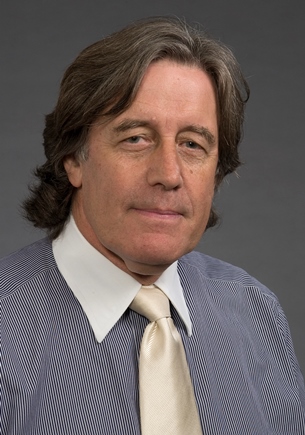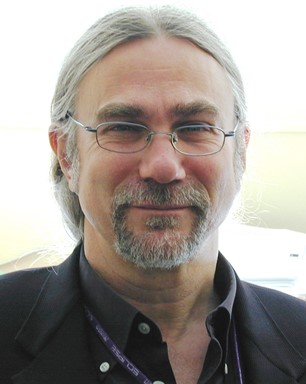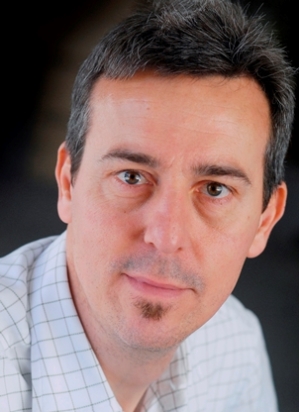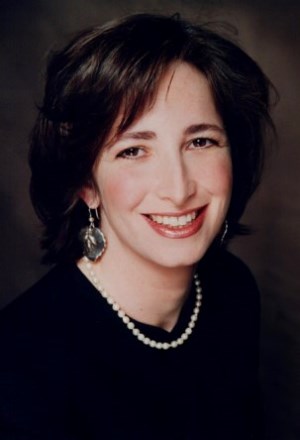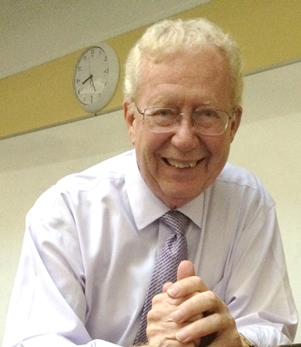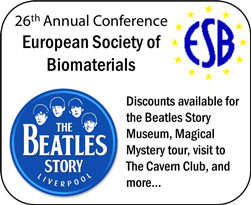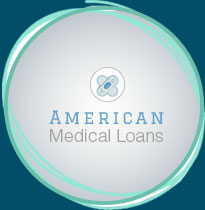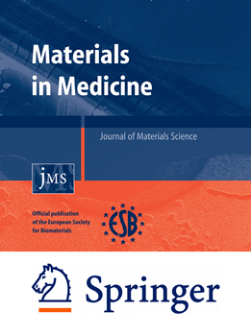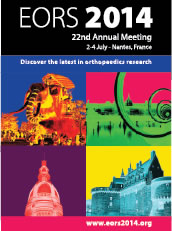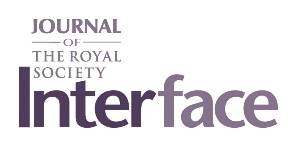We are proud to present the Plenary Speakers of the 26th European Society for Biomaterials. Special video messages from the plenary speakers are availble here.
Professor Williams has had 45 years’ experience in the science of biomaterials, medical devices and tissue engineering. During his career he has published over 30 books and 400 papers; his latest book, Essential Biomaterials Science will be published by Cambridge University Press in June 2014. He has been Editor-in-Chief of Biomaterials, the world’s leading journal in this field since 2000. He has received the major awards from the US, European and Indian Societies of Biomaterials including the Founders Award of the US Society for Biomaterials in 2007, and he received the prestigious Acta Biomaterialia Gold Medal in 2012. In 1999 he was elected as a Fellow of the Royal Academy of Engineering in recognition of his contributions to Engineering in Medicine. He is currently global President of the Tissue Engineering & Regenerative Medicine International Society (TERMIS).
Professor Williams left the University of Liverpool, UK, in 2007, where he had been Head of Clinical Engineering, Director of the UK Centre for Tissue Engineering and Pro Vice Chancellor of the University. While retaining the title of Emeritus Professor at Liverpool, he is currently Professor and Director of International Affairs, Wake Forest Institute of Regenerative Medicine, North Carolina, USA. In addition, he is a Visiting Professor in the Christiaan Barnard Department of Cardiothoracic Surgery, Cape Town, South Africa, a Visiting Professorial Fellow at the Graduate School of Biomedical Engineering, University of New South Wales, Australia, a Guest Professor at Tsinghua University, Beijing, and Advisory Professor at Shanghai Jiao Tong University, China and the National University of Singapore. He is Visiting Chair Professor of Biomedical Materials, Taipei Medical University, Taiwan, and a Visiting Professor at Sree Chitra Tirunal Institute for Medical Sciences and Technology, Thiruvananthapuram, India. In Cape Town, along with Professor Peter Zilla, the current Christiaan Barnard Professor of Surgery, he has formed a company that will produce low cost but high technology medical devices that can be used with minimally invasive procedures to treat young adults in sub-Saharan Africa, who currently have no therapies available to them.
Dr Stephen Minger was appointed the Global Director for Research and Development for Cell Technologies at GE Healthcare in September 2009. Stephen received his PhD in Pathology (Neurosciences) in 1992 from the Albert Einstein College of Medicine in New York City. After post-doctoral work in central nervous system gene therapy, neural transplantation and neural stem cell biology at UCSD with Professor Fred “Rusty” Gage, he moved to the UK in 1996 and was appointed a Lecturer in Biomolecular Sciences at King’s College London in 1998. He was appointed a Senior Lecturer in Stem Cell Biology in 2005 and was the Director of the Stem Cell Biology Laboratory from 2002 until joining GE Healthcare in 2009.
Over the past 20 years, Stephen’s research group has been at the forefront of human stem cell research. In 2002, together with Professor Peter Braude and Dr Susan Pickering, his research team was awarded one of the first two licenses granted by the UK Human Fertilisation and Embryology Authority for the derivation of human embryonic stem (hES) cells and his group was the first to deposit a human ES cell line into the UK Stem Cell Bank. Stephen was also one of the first two groups in the UK to be granted a research license by the HFEA in 2008 to pursue Somatic Cell Nuclear Transfer (SCNT) to generate “hybrid human embryos” for fundamental research into genetic forms of neurodegenerative conditions. He was actively involved with the UK Department of Health and with the Minister for Public Health in the consultation with both Houses of Parliament that led to the passage of the Human Embryo Bill of 2009 and the inclusion of new forms of animal-human embryos within primary legislation.
Stephen was the Stem Cell Expert and a Member of the UK Gene Therapy Advisory Committee (GTAC) at the Department of Health from 2006-2012 and was the Focal Point for Regenerative Medicine, Drug Discovery and Modernisation of Traditional Chinese Medicine in China for the UK Department of Business, Innovation and Skills from 2006-2009. He has also been a an external consultant and reviewer to the European Commission Framework Programmes (FP6 and FP7) since 2003 to promote European-wide biomedical research, a member of the Grants Working Group of the California Institute of Regenerative Medicine since 2004, and is a member of the Board of Directors of the Canadian Centre for the Commercialisation of Regenerative Medicine.
In the summer of 2013, Stephen was appointed Chief Scientist for Cellular Sciences, GE Healthcare Life Sciences, and is now responsible for long-term global research strategy for technology development in cell therapy, regenerative medicine, cellular technologies, in vivo diagnostic imaging and molecular pathology/personalised medicine.
Professor Dietmar W. Hutmacher is the Chair of Regenerative Medicine at the Institute of Health and Biomedical Innovation of Queensland University of Technology, where he leads the Regenerative Medicine Group, a multidisciplinary team of researchers including engineers, cell & molecular biologists, polymer chemists, material scientists, clinician scientists, and veterinary surgeons. Prof Hutmacher has extensive expertise in bioengineering, tissue engineering and regenerative medicine and more recently he was not only among the pioneers but also developed outstanding track record in two new cutting edge research areas namely “in vitro disease models” and “development of humanized mice models via the translation of tissue engineering platform technologies”. Currently, this work in the Hutmacher laboratory has a focus on cancer research.
Prof Hutmacher’s international standing and impact on the field are illustrated by his publication record (more than 240 journal articles, edited 10 books, 30 book chapters and more than 450 conference papers) and citation record (more than 12,000 citations, h-index 54).
Awards and funding: In 2011, Prof Hutmacher was awarded the prestigious Australian Research Council Future Fellowship and in 2012 he was elected to join the highly esteemed International College of Fellows Biomaterials Science and Engineering, and received the Australasian Society for Biomaterials and Tissue Engineering (ASBTE) for Research Excellence Award. In 2012 he was elected by his peers to become one of the 23 founding members of the International Fellows of Tissue Engineering and Regenerative Medicine Society. This group provides leadership and vision for the Society with more than 3000 members. He holds since 2006 an Adjunct Professorship at the Georgia Institute of Technology (GTECH) and he was awarded in 2011 the highly prestigious Hans Fischer senior Fellowship at the Technical University Munich (TUM). Over the past 15 years in academia, Prof Hutmacher has been a lead Investigator, co-investigator or collaborator in grants totalling more than AUD 50 million, including support from the National Institutes of Health – USA, Australian Research Council, National Health and Medical Research Council – Australia, European Union, DFG, and philanthropic and industry support.
Dr. Molly Shoichet holds the Tier 1 Canada Research Chair in Tissue Engineering and is Professor of Chemical Engineering & Applied Chemistry, Chemistry and Biomaterials & Biomedical Engineering at the University of Toronto. She is an expert in the study of Polymers for Drug Delivery & Regeneration which are materials that promote healing in the body. Dr. Shoichet has published over 450 papers, patents and abstracts and has given over 275 lectures worldwide. She currently leads a laboratory of 25 researchers and has graduated 115 researchers over the past 18 years. She founded two spin-off companies from research in her laboratory and is actively engaged in translational research.
Dr. Shoichet is the only person to be a Fellow of Canada’s 3 National Academies: the Canadian Academy of Sciences of the Royal Society of Canada, the Canadian Academy of Engineering, and the Canadian Academy of Health Sciences. She is the recipient of many prestigious distinctions including: the Canada Council for the Arts’ Killam Research Fellowship, NSERC’s Steacie Fellowship, CIfAR’s Young Explorer’s Award (to the top 20 scientists under 40 in Canada), Canada’s Top 40 under 40TM, the Society for Biomaterials’ Clemonson Award, and International Fellows of Tissue Engineering and Regenerative Medicine. In 2011, Dr. Shoichet was appointed to the Order of Ontario, Ontario’s highest honour, and recognized as a Fellow of the American Association for the Advancement of Science.
In 2013, Dr. Shoichet’s contributions to Canada’s innovation agenda and the advancement of knowledge were recognized with the QEII Diamond Jubilee Award. Before being recruited to the University of Toronto in 1995, Dr. Shoichet worked at CytoTherapeutics Inc. on encapsulated cell therapy. Dr. Shoichet received her S.B. from the Massachusetts Institute of Technology in Chemistry (1987) and her Ph.D. from the University of Massachusetts, Amherst in Polymer Science and Engineering (1992).
Larry Hench, University Professor of Biomedical Engineering in the Florida Institute of Technology College of Engineering, has been awarded the highly acclaimed international 2014 Acta Biomaterialia Gold Medal Award. The award recognizes excellence in research and development in the field of biomaterials.
Professor Hench, who is also director of the Florida Tech Center for Medical Materials and Photonics, specializes in bio-ceramics and is a member of the National Academy of Engineering (NAE).
Born in Ohio in 1938, Dr. Hench received his bachelor’s degree in 1961 and doctoral degree in 1964 in ceramic engineering from The Ohio State University. After 32 years on the faculty, Hench retired from the University of Florida as Emeritus Professor to join Imperial College , University of London, as chair of ceramic materials. There, he co-founded and co-directed the Tissue Engineering and Regenerative Medicine Centre for 10 years.
Discoveries made by Hench and his colleagues in the 1980s and 1990s have resulted in numerous Federal Drug Administration (FDA) approvals. In the mid-‘80s the FDA approved the use of bioactive glass devices to reconstruct the ossicular chain (part of the middle ear) and restore hearing. A subsequent FDA approval led to bioactive glass implants to replace teeth, maintain jaw stability and repair maxillo-facial bone defects. In the ‘90s the FDA approved the use of a particulate form of bioactive glass that led to regenerating new bone to repair bone defects caused by periodontal disease. Numerous FDA approved applications in orthopedic surgery include repair of bone defects following revision surgery of failed hip and knee prostheses, and spinal repair.
Larry Hench, who has dedicated more than 45 years to his work, has earned many international awards, published 800 research papers, 30 books and has 32 U.S. patents. Twelve companies have been founded based upon technology created in Hench’s laboratories and the commercial products have led to numerous advanced technology awards. He is also an author of a series of children’s books featuring Boing-Boing the Bionic Cat and educational materials such as workbooks, experiment books and hands-on kits to stimulate interest in science, engineering, technology and mathematics (STEM).
